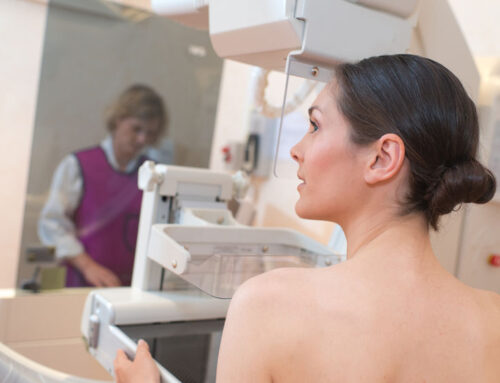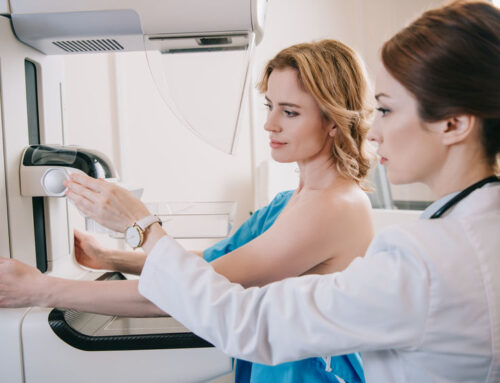Menopause And Bone Health
Studies estimate at least 1.3 million American women reach menopause every year. With menopause comes a range of symptoms and changes. A reduction in bone health is one of the more severe consequences. Bone loss accelerates at this stage, opening the door for fractures and conditions like osteoporosis. Postmenopausal women may need to rely on calcium and vitamin D supplements for long-term bone health.

Is it estrogen?
Menopause means the natural end of periods. With this change comes a severe drop in estrogen production. Estrogen is essential for reproduction but is also vital for bone health. Both men and women need estrogen for bone metabolism. The cells in bones all contain estrogen receptors. Estrogen binds to these receptors and helps with bone growth and turnover. Postmenopausal women are often unaware of these changes until a broken bone occurs.
Reducing our risk
Research shows that menopausal women are 2.5 times more likely to suffer from fractures. At an advanced age, fractures become more difficult to heal. Simple fractures can cause chronic pain, long-term disability and even reduce lifespan. The good news is that estrogen is not the only chemical involved in bone health. Supplements like calcium and vitamin D and lifestyle changes can significantly improve bone health.
How calcium can help
Calcium is an essential mineral necessary for maintaining density developing new bone. The body also uses calcium for muscle and heart health. If there is insufficient calcium, the body takes the mineral from bones for these processes. This increases the chances of conditions like osteoporosis. Postmenopausal women need consistent levels of calcium to help with these changes. Calcium is available in leafy greens, nuts, milk, and fortified foods. However, some doctors will recommend a supplement.
Vitamin D is a game-changer
Vitamin D is positioned as a vitamin created by the absorption of sunlight. However, vitamin D is a pro-hormone created in the kidneys. This hormone is vital for immune system health, heart health, strong bones, and teeth. Without vitamin D, the bones will be unable to absorb the calcium in the body. Vitamin D deficiencies are common, especially in older women or in environments with minimal sunlight. A supplement with additional vitamin D may help with bone health.
Protect your bones
Postmenopausal women must navigate several symptoms and conditions. Reduced bone health is one of the unknown challenges until a fracture occurs. Menopausal women should consider a bone density scan to reduce the risk of osteoporosis and fractures. Although the decline in bone health can be linked to reduced estrogen, calcium and vitamin D can help. A doctor or pharmacist can recommend the best supplements to support a healthy diet.




